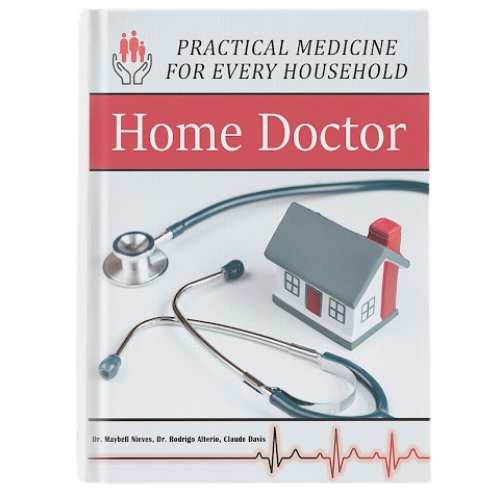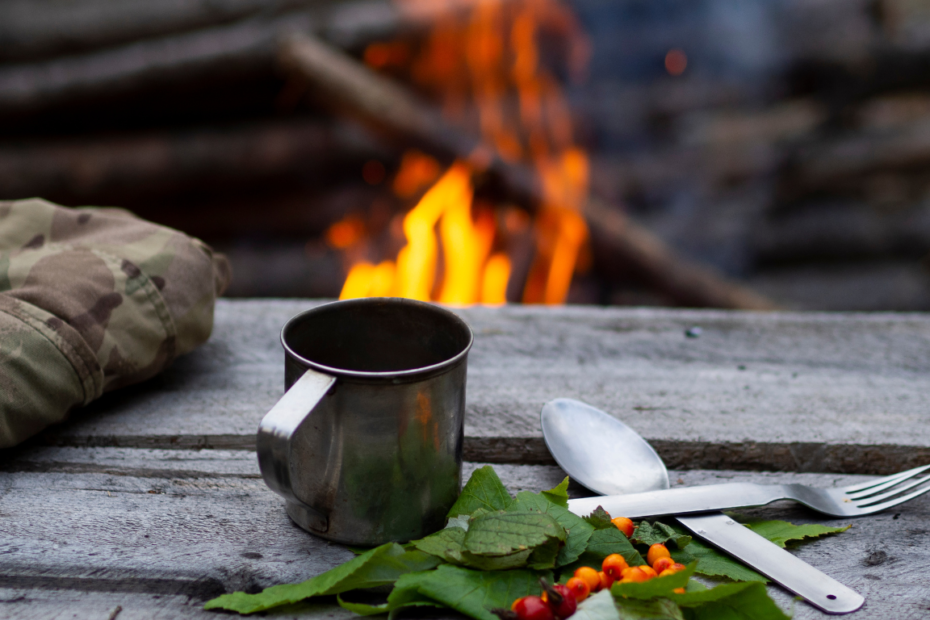In the realm of survivalism and preparedness, having a comprehensive understanding of natural remedies can be the difference between thriving and merely surviving. In this guide, we’ll delve into 10 survival remedies and techniques that every serious prepper should master. From natural pain relief to stress management and beyond, equip yourself with the knowledge needed to thrive in any situation. While traditional first aid skills are crucial, knowing remedies for common ailments such as sore throats, headaches, and skin irritations is equally vital. In a survival scenario where access to modern medical care may be limited or nonexistent, these natural remedies can provide essential relief and support overall well-being, ensuring you remain resilient and capable of facing whatever challenges come your way.
Disclaimer
Always be absolutely sure of plant identification before consuming any wild plants, as some can be toxic or have adverse effects. If you’re uncertain, it’s best to avoid ingesting them. Additionally, if you have severe or persistent stomach issues, it’s essential to seek medical attention.
1. Natural Pain Relief
When pharmaceuticals are scarce, turning to nature’s pharmacy becomes essential. Harness the painkilling properties of willow bark or meadowsweet for natural pain relief. These plants contain compounds similar to aspirin, providing effective relief from discomfort and inflammation.
Here’s a great article to read on using willow bark as a pain reliever.
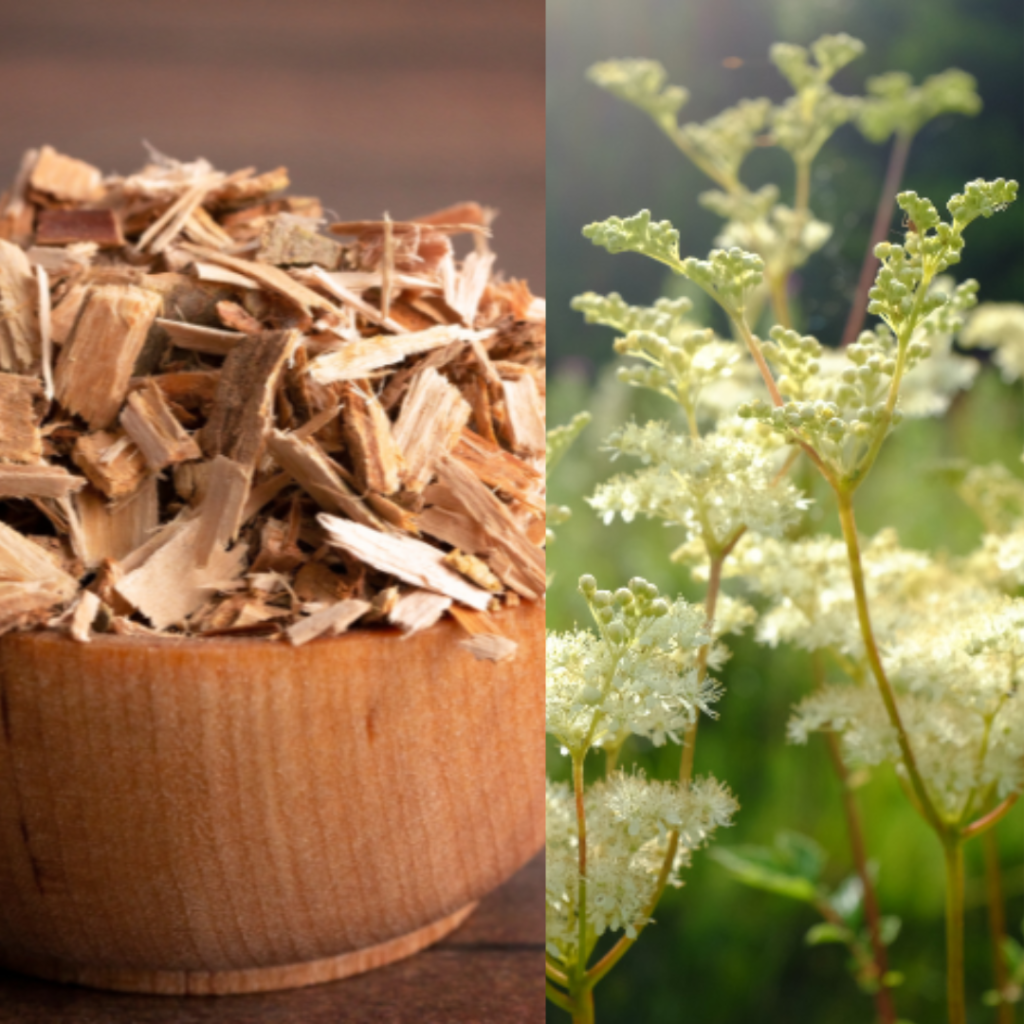
2. Wilderness Wound Care
In a survival scenario, where access to modern medical care may be limited or unavailable, it becomes crucial to prioritize proper wound care to prevent infections and facilitate healing. One effective way to address wounds is by crafting poultices using readily available wild herbs like plantain and yarrow.
Plantain, a common weed found in many regions, possesses notable medicinal properties. Its leaves contain compounds that exhibit antimicrobial and anti-inflammatory effects, making it an excellent choice for wound care. When applied as a poultice, crushed plantain leaves can help cleanse wounds, reduce swelling, and promote tissue regeneration, aiding in the healing process.
Similarly, yarrow, another widely distributed herb, has been valued for its medicinal properties throughout history. Yarrow contains compounds such as flavonoids and tannins, which possess antiseptic and astringent properties. When used in poultices, yarrow can help staunch bleeding, prevent infection, and accelerate wound healing.
Crafting poultices from these wild herbs not only provides a natural and accessible means of wound care but also draws upon centuries of traditional knowledge and practice. Even without access to modern medical supplies, utilizing the healing properties of plantain and yarrow can significantly improve the chances of successful wound treatment and recovery in survival situations.
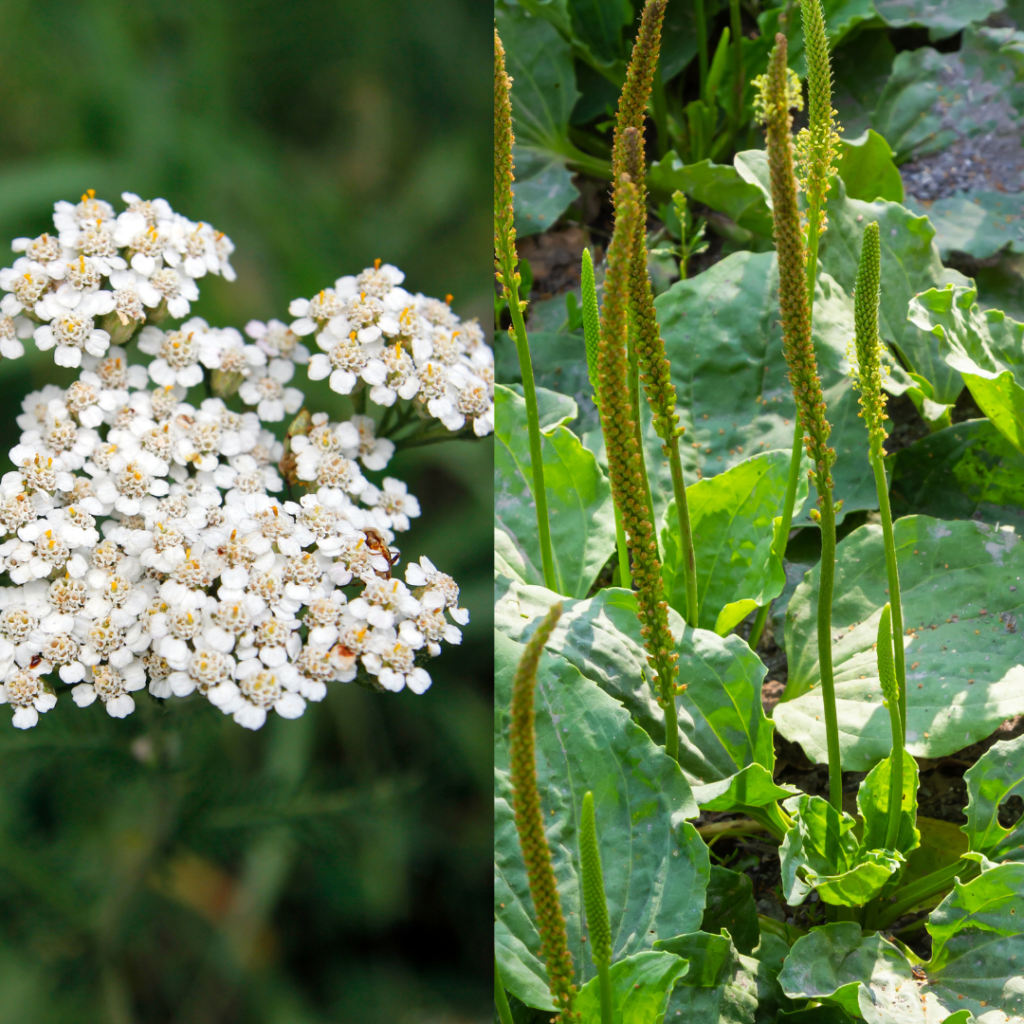
3. Pine Needle Tea
Packed with immune-boosting vitamin C and powerful antioxidants, it’s your go-to drink for resilience in challenging times. Warding off scurvy and bolstering immunity, it’s a must-have for every survivalist’s kit. Ensure safety by using needles from non-toxic pine species like Eastern white pine or ponderosa pine. To prepare, simply harvest fresh pine needles, rinse, steep in boiling water for 5-10 minutes, strain, and enjoy.
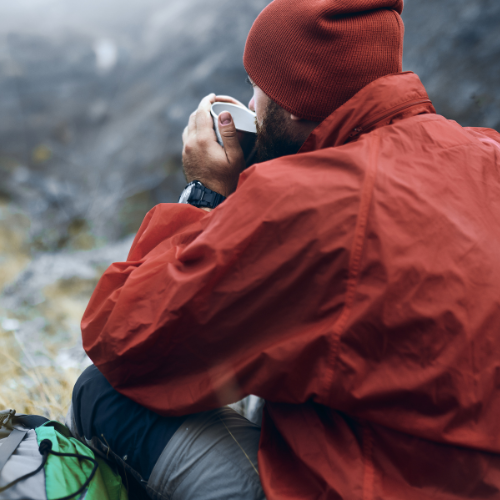
4. Survivalist Stress Management
In demanding environments, mental resilience stands alongside physical readiness as a cornerstone of survival. Embracing mindfulness practices and wilderness meditation techniques offers a powerful means to alleviate stress and uphold mental clarity. By immersing oneself in the present moment and connecting with nature’s rhythms, individuals can cultivate a resilient mindset capable of navigating challenges with composure and adaptability. This inner strength becomes a guiding light in the face of adversity, bolstering confidence and enhancing decision-making, ultimately increasing the likelihood of survival in even the most challenging circumstances.

5. Primitive First Aid Techniques
In harsh environments, knowing how to administer primitive first aid can be life-saving. Master techniques such as bone setting and splinting using natural materials found in the wilderness. Swift and effective first aid can mean the difference between temporary discomfort and long-term disability. Here is a great article to read on survival first aid by The British Colombias Travel Guide
“Wilderness Survival: First Aid & Health”
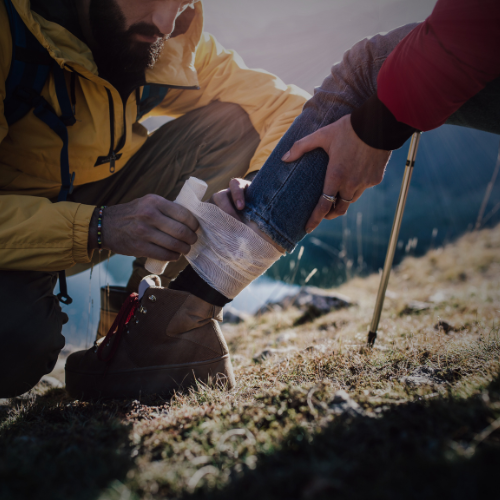
6. Sore Throat Relief
Traditional remedies like gargling with warm salt water offer soothing relief and combat microbial threats. Enhance this remedy by incorporating honey and lemon into your solution for added benefits. If you are interested in expanding your knowledge “Home Doctor” is an invaluable resource that not only provides guidance on these natural remedies but also offers insights into managing various health concerns without the aid of modern medicine. By equipping yourself with the knowledge and skills outlined in “Home Doctor” you’ll be better prepared to address common ailments and maintain your health in any survival scenario.
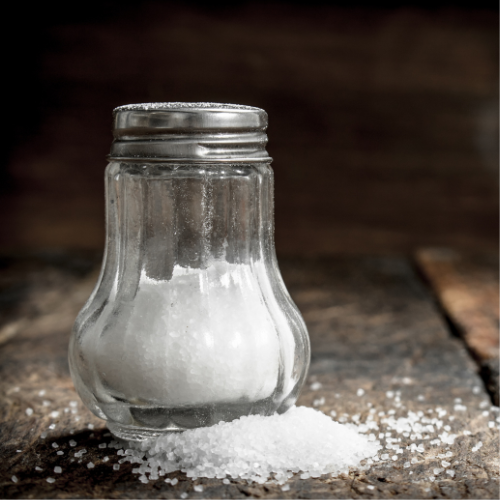
7. Nausea and Indigestion
Combat nausea and aid digestion with ginger tea or raw ginger, while peppermint tea is also effective in calming an upset stomach. Forage for wild mint to brew into a soothing infusion or seek out meadowsweet flowers and leaves, which contain compounds similar to aspirin for pain relief and inflammation reduction. These natural remedies found in the wilderness offer gentle relief without the need for pharmaceutical intervention.
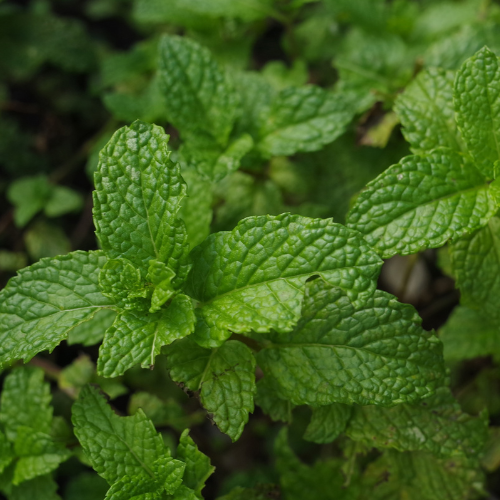
8. Headache Relief
Ease headache discomfort by applying a cold compress to the forehead or the back of the neck. Additionally, massaging peppermint or lavender essential oil onto the temples can provide soothing relief. For a more natural approach to pain relief, consider harnessing the painkilling properties of willow bark, which contains salicin, a compound similar to aspirin. Brewing a tea from willow bark or taking willow bark supplements can help alleviate headache pain effectively. These simple techniques, coupled with the benefits of willow bark as a natural pain reliever, offer immediate comfort in challenging situations.

9. Muscle Pain Relief
Soothe sore muscles with Epsom salt baths, known for their muscle-relaxing properties. Soaking in warm water mixed with Epsom salt can alleviate tension and promote relaxation, essential for physical well-being in survival scenarios. However, it’s important to note that Epsom salt might be challenging to acquire in a survival scenario. In such cases, you can explore alternative options like white willow bark and turmeric, which also offer natural remedies to relieve muscle pain. White willow bark contains salicin, similar to aspirin, which can help reduce inflammation and pain. Turmeric, rich in the active compound curcumin, possesses anti-inflammatory properties that can aid in easing muscle soreness.
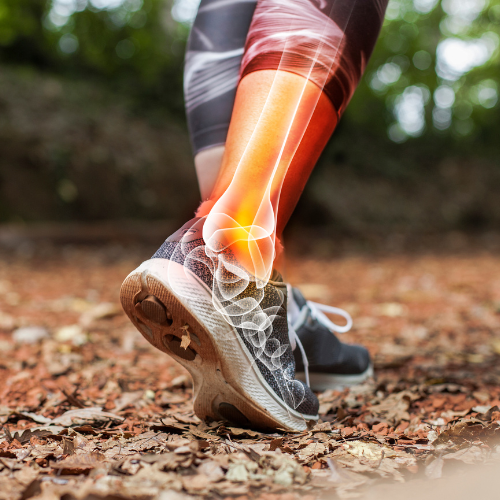
10. Minor Burns Treatment
For minor burn treatments, several natural remedies can provide relief and aid in healing. White vinegar, known for its pain-relieving and antiseptic properties, can be mixed with water in equal parts and gently applied to the burn using a clean cloth to alleviate pain and prevent infection. Oatmeal, with its soothing and anti-inflammatory properties, can be mixed with water to create a paste and applied directly to the burn to reduce itching and promote healing. Alternatively, raw potato slices can be applied directly to the burned area to cool the skin and alleviate pain. These simple yet effective remedies offer natural relief for minor burns without the need for pharmaceutical intervention.
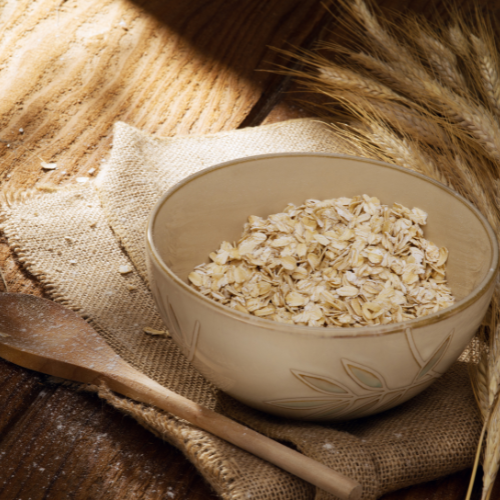
Conclusion
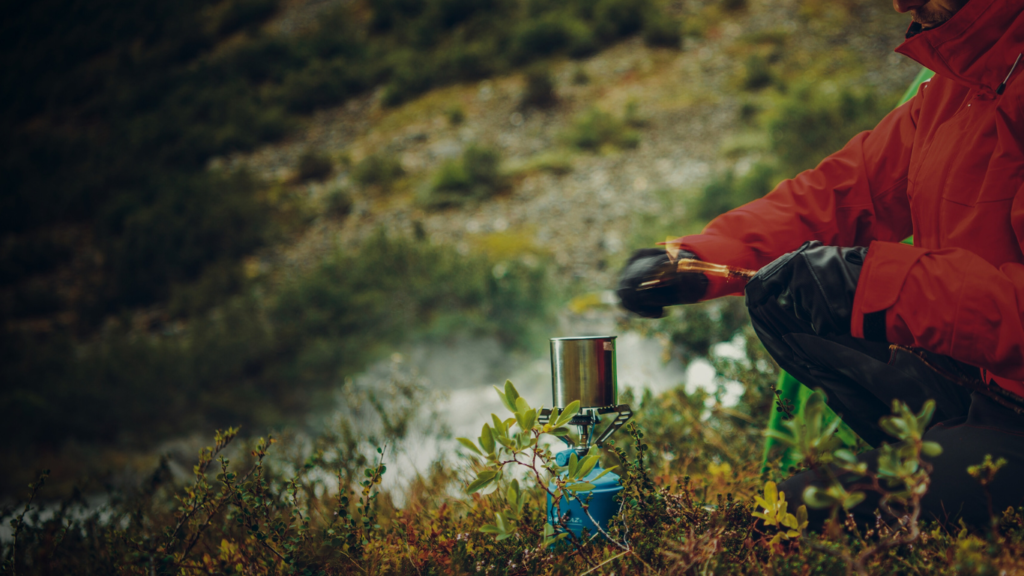
Mastering survival remedies is a fundamental aspect of preparedness for any serious prepper. By equipping yourself with the knowledge and skills to utilize nature’s bounty effectively, you enhance your chances of survival in the face of adversity. Incorporate these techniques into your survival toolkit and empower yourself to thrive in any situation, no matter how challenging.
Looking to bolster your survival knowledge even further? Consider adding “Home Doctor” to your arsenal. This comprehensive guide, written by licensed, practicing doctors, provides invaluable tools and information for handling a variety of health conditions when medical care isn’t readily available. Whether you’re a seasoned survivalist or just starting your journey into preparedness, “Home Doctor” equips you with the essential skills to navigate common ailments without the aid of modern medicine.
Click here to buy the book and take your preparedness to the next level.
